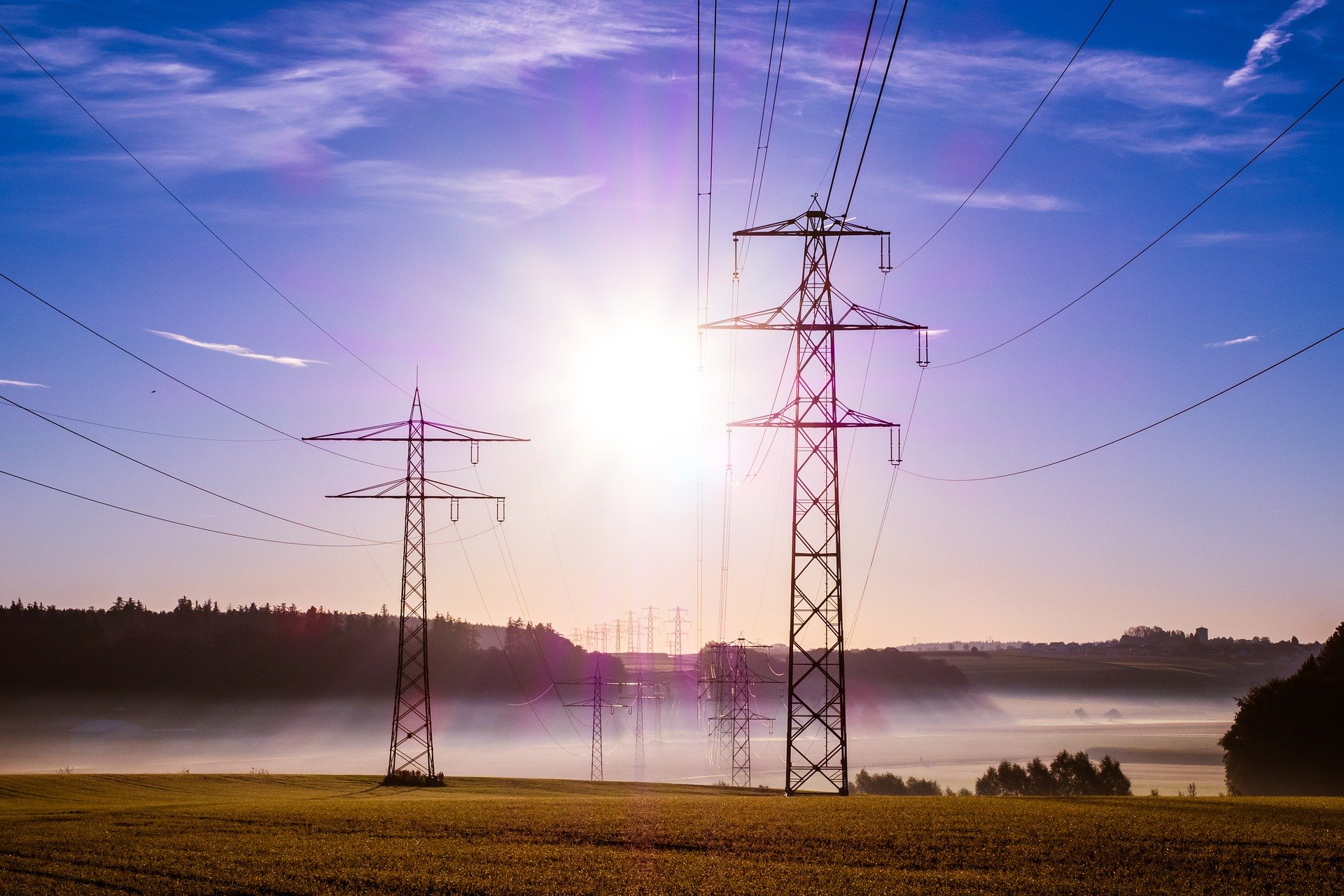
BLOG
Highlights on energy matters from various government speeches

The energy challenges of agriculture were highlighted in various speeches this past week. First, the 2023 Budget Speech by Finance Minister Enoch Godongwana outlined the implementation of the refund on the Road Accident Fund levy for diesel used in the food manufacturing process from 1 April 2023 for two years. This will help ease pressure as more and more agribusinesses are relying on diesel generators to keep operations running. This should ideally not cover purely food manufacturers but also role-players within the food manufacturing value chain, such as animal feed, which is critical for poultry and livestock. Moreover, the tax incentives on investment in renewables will help ease cost pressure on businesses and hopefully incentivize increased renewable installations.
Agriculture, Land Reform and Rural Development Minister Thoko Didiza briefed the agricultural industry last Thursday about the progress on the work of the Agriculture's Energy Task Team, which reviewed the impact of load-shedding in the sector and outline potential interventions to cushion the sector and ensure food security is protected. The task team built on the finance minister's interventions and added that for the near term, there could be possible energy curtailment options for heavy users where technical infrastructure permits.
Other options being explored also include the blended finance to incentivize own generation within agriculture as part of "greening South Africa's agriculture". There are also prospects for installing microgrids, photovoltaics and battery containers for critical loads, especially during important times such as harvesting, irrigation and refrigeration. The detailed brief of interventions is yet to be released by the Department of Agriculture, Land Reform, and Rural Development (DALRRD) through the office of the Director General.
Still, these options are under consideration between the DALRRD, Eskom and the broader agricultural community. The sector is heavily reliant on stable electricity, and the impact of unreliable supply is visible in various industries such as poultry, dairy, animal feed, and different fruits and vegetables. Thus, such interventions are crucial for food security purposes. With that said, South Africa's agricultural conditions remain favourable, having benefited from recent rains. Provided that there is swift intervention on the energy needs in the sector, South Africa's food security conditions should remain reasonably firm.

0 COMMENTS
LEAVE A COMMENT